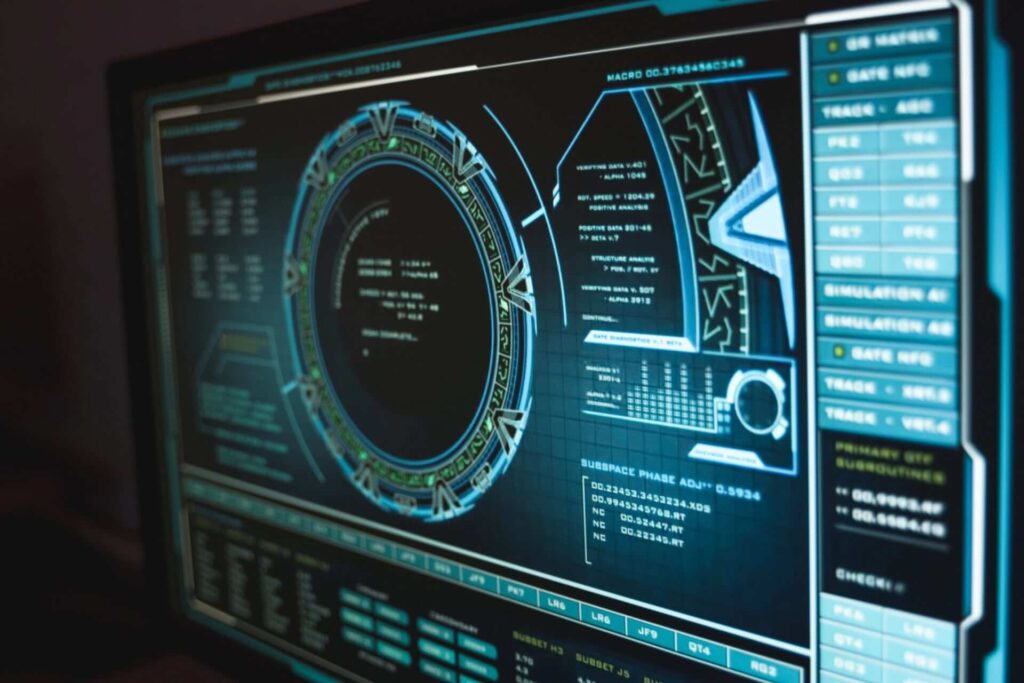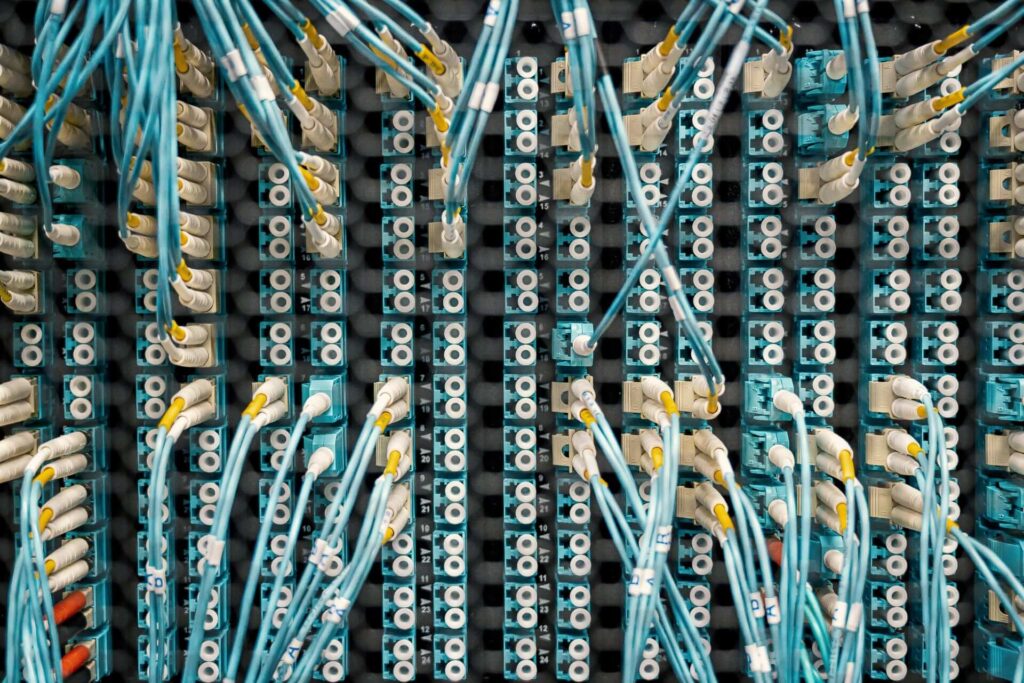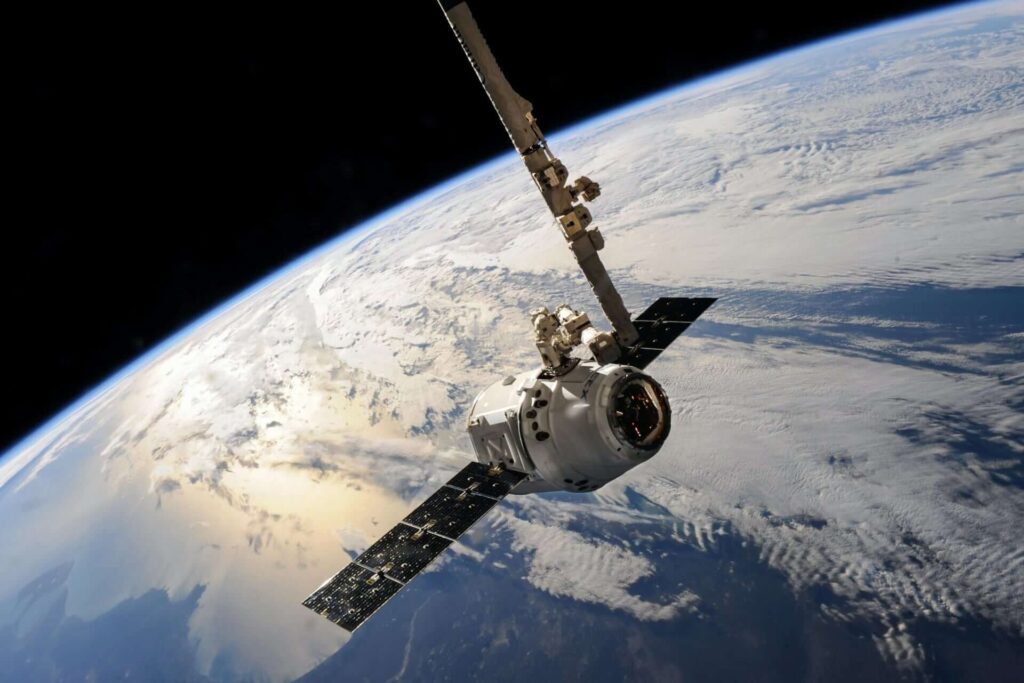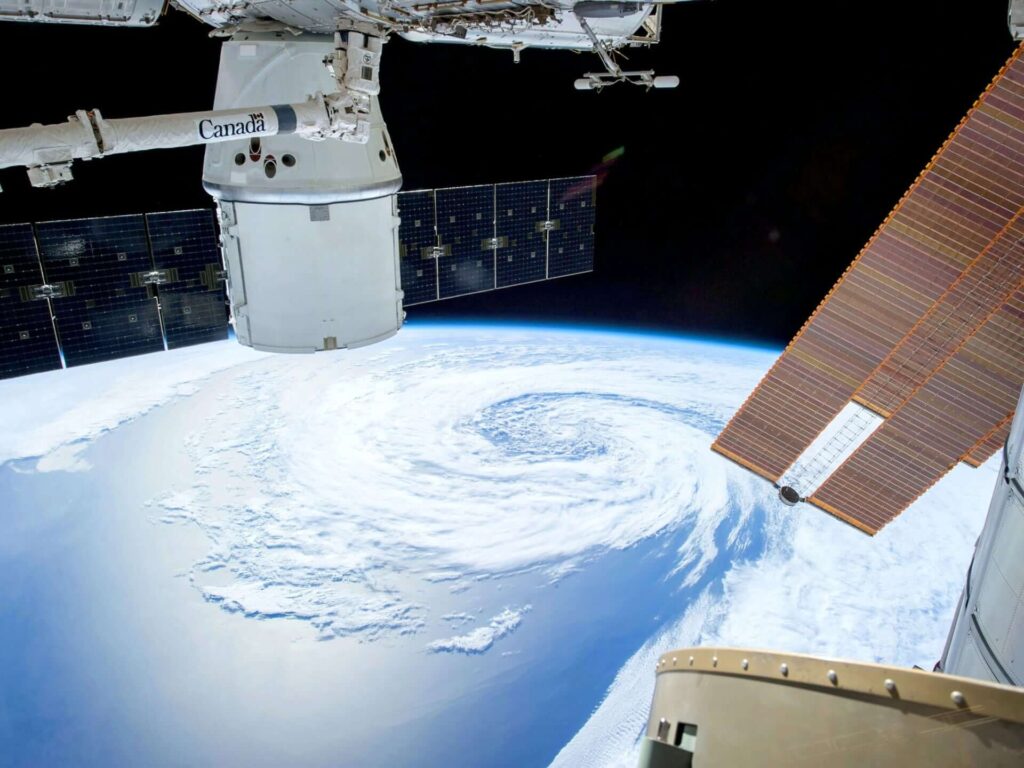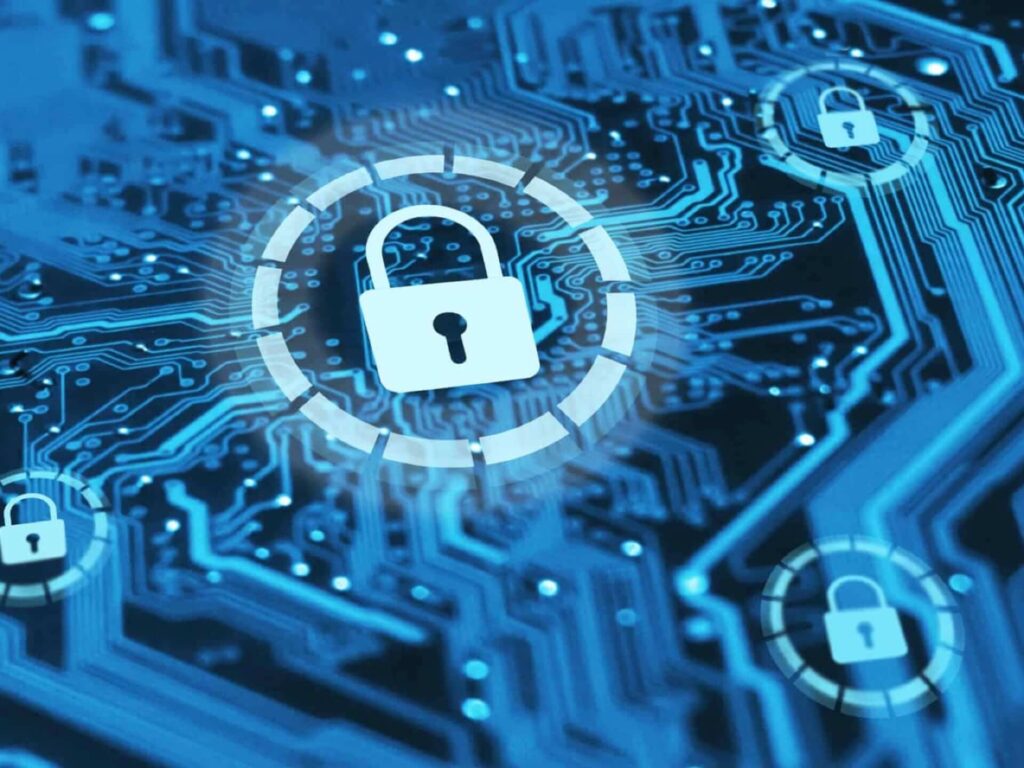
PROJECT
Twin-Field Quantum Key Distribution on Installed Fibre Networks
DOCTORAL CANDIDATE
Sergio Juárez.
Supervisors
Shields (TOSHEU), Pittaluga (TOSHEU), Woodward (TOSHEU), Razavi (ULEEDS), Curty (UVIGO), Calonico (INRIM).
Objectives
Autonomous prototype system for Twin-Field Quantum Key Distribution.
Expected Results
Operation of TF-QKD on installed networks.
Description
Twin-Field QKD is a novel protocol to greatly increase the rate-vs-distance performance of QKD. Most interestingly the bit rate of TF-QKD has better resilience to channel loss than conventional QKD. In fact, it can allow key rates above the secret key capacity of a point-to-point quantum channel. Recently we demonstrated intermittent operation of TF-QKD over 600km fiber spools in the lab. In this project we plan to greatly extend this work to realize an autonomous prototype that can operate continuously on installed fiber. In TF-QKD, the two parties (Alice and Bob) send encoded laser pulses to a central measurement station Charlie. The main challenge in TF-QKD is to ensure phase stability between the pulses from Alice and Bob, even after propagation in fibers which are 100’s of km in length. We will achieve this using the interference of stabilization pulses sent from Alice and Bob, as a feedback signal to fix the relative phase difference between the fibers. We target building a prototype system and deploying it in a field trial by the end of the project.
Methodology
We first establish a continuously running prototype under lab conditions; we then implement field trials for first >1h operation, and then >24h operation.
Risks
If continuous operation is not possible over long distances, we reduce the link distance, or use shorter time periods.
